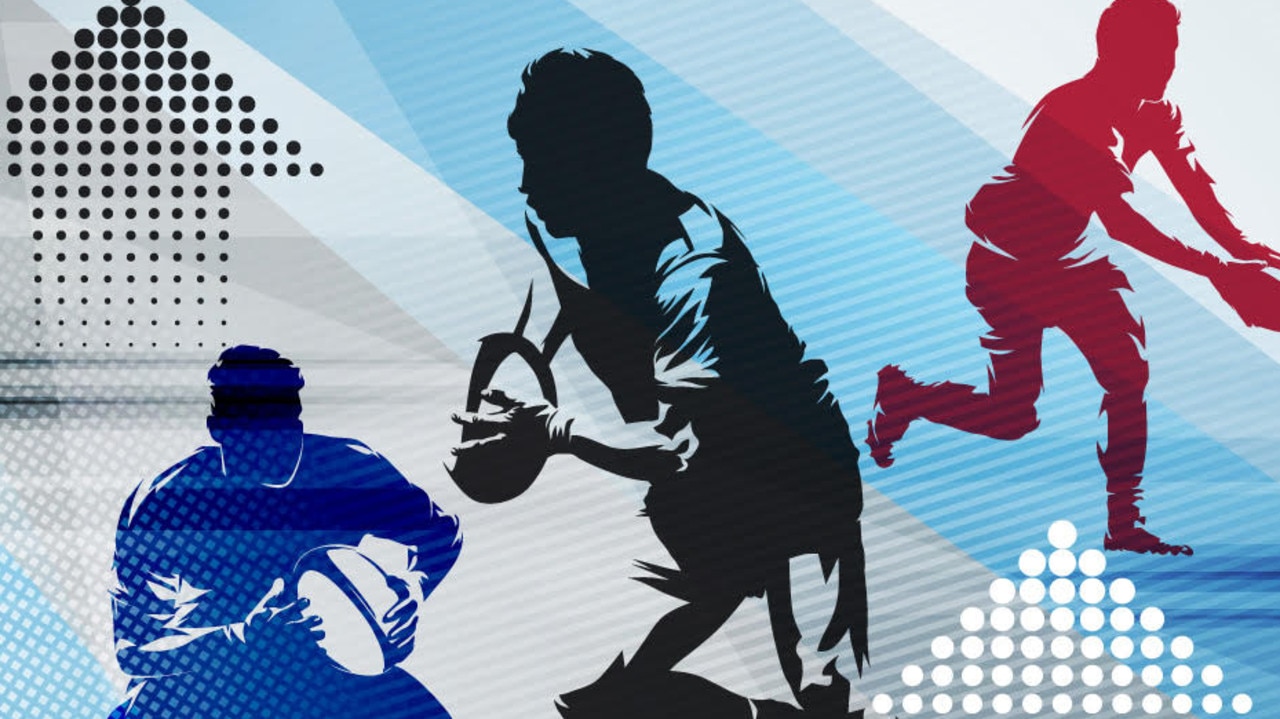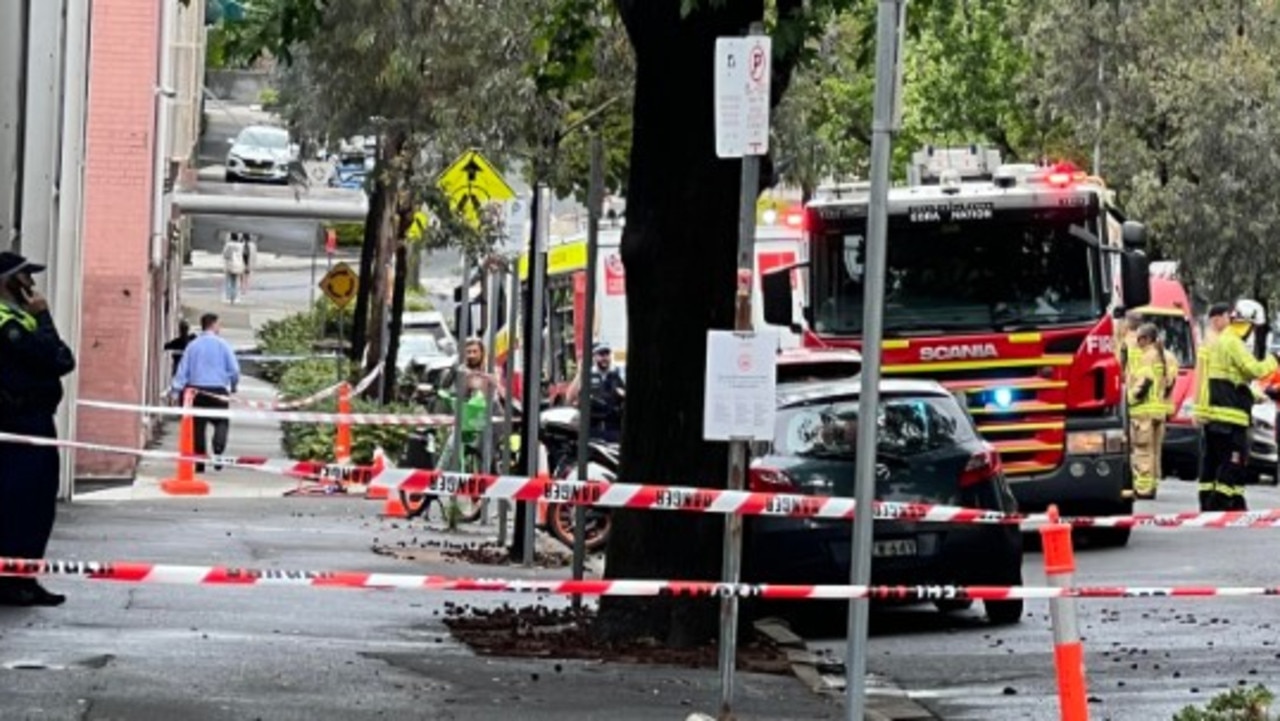Native English speakers ‘will be in the minority in Sydney in a decade’
Native English speakers are likely to become a minority in Sydney in just over a decade — and shop signs, documentation and even car number plates are starting to reflect the city’s diversity.
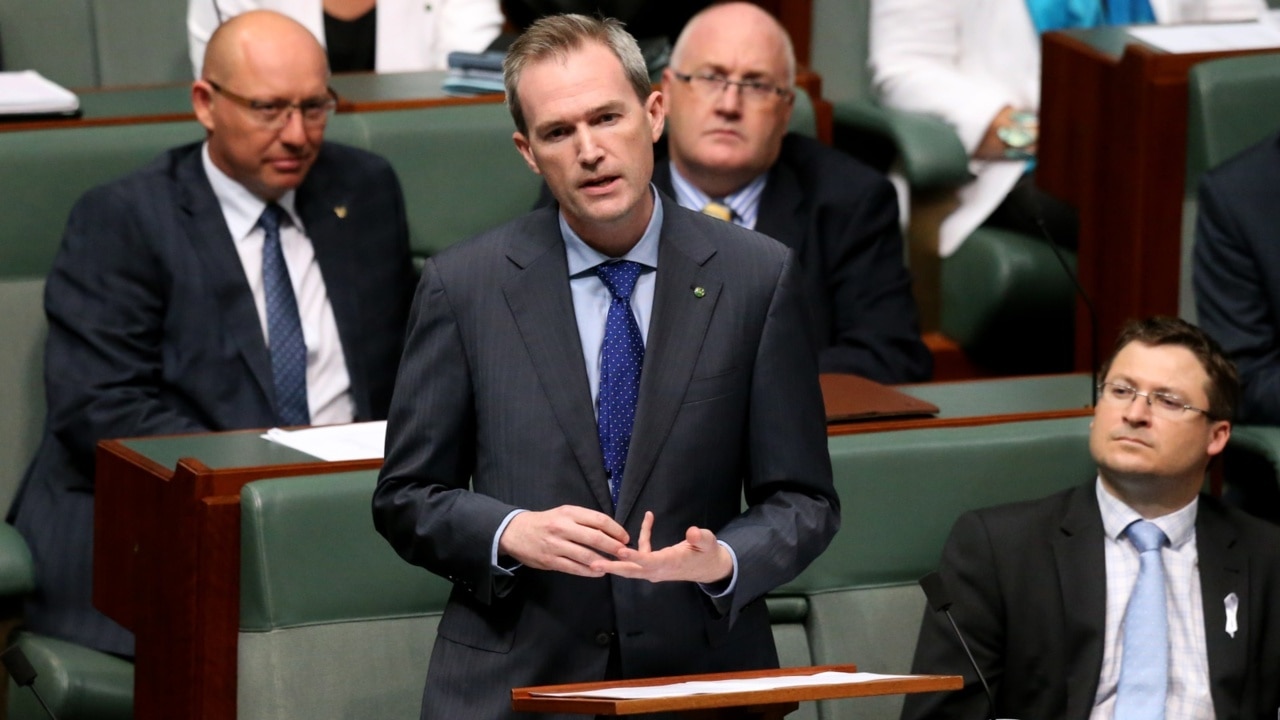
NSW
Don't miss out on the headlines from NSW. Followed categories will be added to My News.
In just over 10 years more Sydneysiders will be speaking a foreign language at home than those speaking English.
Social demographer Mark McCrindle said if current census trends continued, native English speakers would effectively become a minority in Sydney.
“We’re edging closer and closer to that point when more than half will speak another language (at home) and we will hit that in a little over a decade,” he said.
“What is interesting in the five years from the previous census to the latest one, the number-one language spoken (apart from English) changed to Mandarin from Arabic, which is now number two.”
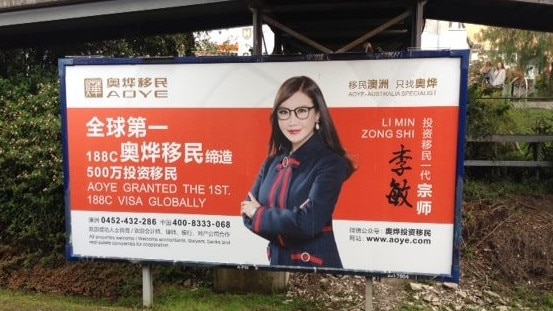
Across the city the fabric of the Sydney community is increasingly multilingual, with forms, shop signs, schools and even number plates all using a language other than English.
Almost 3000 number plates bearing the words “Japanese Domestic Market” in Japanese characters have been sold by the state government since 2016.
They cost an annual fee of $107 or a one-off cost of $305 and are bigger than regular NSW licence plates in order to better fit imported cars by Japanese manufacturers such as Nissan and Subaru.
MORE NEWS:
Daley backflips on ‘rip up’ light rail gaffe
FBI exposes global prostitution ring in Australia
‘No revenge’: Priest’s plea after fatal stabbing
A Roads and Maritime Services spokeswoman said the plates were designed for motorists wanting an “authentic” Japanese look. The plates are not offered in any other languages.
Meanwhile, NSW public schools now send out information in 38 different languages, including some as diverse as Bengali and Dinka.
And some council areas have been forced to introduce rules requiring shops with signage in languages other than English to include an English translation in the same-sized font. Hurstville councillor and Italian migrant Vince Badalati said the LGA was the first to introduce such requirements in 2003.
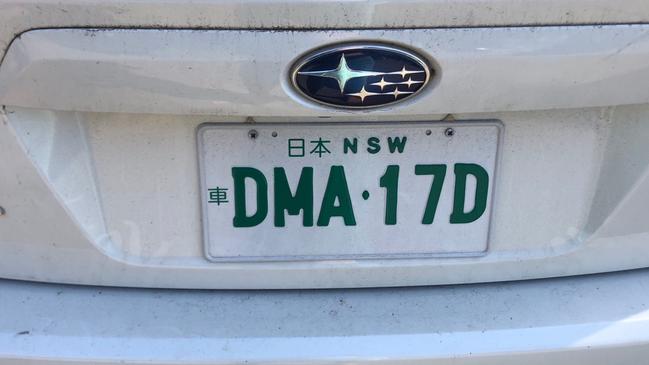
“I think it is important because we are an English-speaking nation,” he said. “If the signs are all in Mandarin or whatever, other people won’t go in, it feels a little bit intimidating.” The council has also installed signs in English and Mandarin reminding people that anyone caught spitting would face a $110 fine.
Macquarie University’s Dr Alice Chik said having different languages in everyday use was an indication of a very international city.
“Multilingual shop signage is a marker of a metropolitan city — a signal that people from different language backgrounds live, work and play in that city,” Dr Chik said.
She said while those migrants who spoke various European languages generally stopped using their native tongue within a generation, other newcomers were more likely to hold onto it. “Second-generation Vietnamese, Turkish and Arabic speakers are more likely to speak their heritage languages,” she said.

